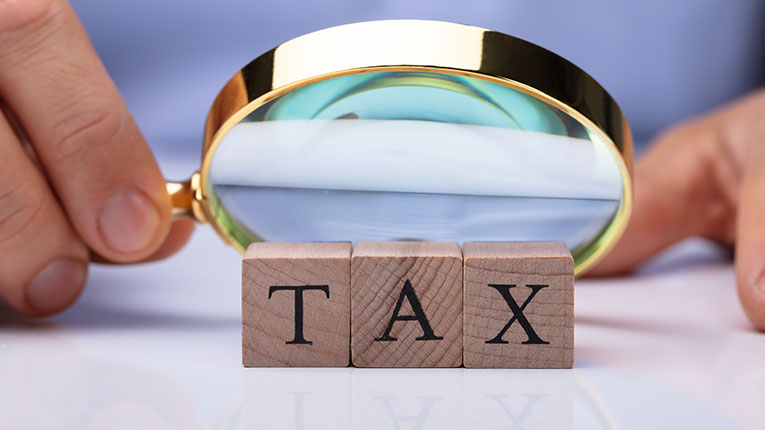A special commission formed by members of the Government and ANRE and also of OMV Petrom will meet on Wednesday evening to clarify the situation of overtaxing company’s profit, a source close to the situation told Energynomics.
The Government has already received a note from the European Commission, which stipulates that OMV Petrom does not have to pay the new tax, imposed by GEO 186/December 28, 2022, as the threshold of 75% of the turnover has not been reached. The Ministry of Finance has a different interpretation, but the experts consulted by Energynomics say that the interpretation of the law according to the Commission of the Ministry of Finance cannot win the case.
“I don’t think OMV Petrom will pay. It is an interpretation (of the Ministry of Finance – n.r.)… We will see… It’s not that OMV does not want to obey the law, but those who agree to pay must benefit from a very clear law – they can be held accountable by investors, by shareholders… The State again screwed up,” said the cited source.
“One of the secrets for which OMV Petrom does not comply with the law is the fact that the Government made decisions (also for companies) to subsidize the price of fuel and to charge extra for natural gas, from a certain reference price… And then their revenue from the sale of fuels dropped, and for gas, seeing that they are overcharged, they chose to burn the gas in the thermal power plant and produce electricity… and they did not sell gas. And then, automatically, decreasing the income from the sale of fuel and gas, they no longer made 75%, the percentage required by the European Commission…”, added the quoted source.
“This means that when you enter a free market with regulatory elements like these, you can always expect repercussions that you would never have expected. Now… the impact has a value of almost 1 billion euros. They (OMV Petrom – n.r.) had estimated a gross profit of around 2 billion euros for the year 2022, and 60% would mean 1.2 billion additional tax… It is true that the method of applying the law is not yet known, but, anyway, a new surcharge of 700-1,000 million euros could have been expected. On the other hand, the state has already taken money through the old surcharge.”

